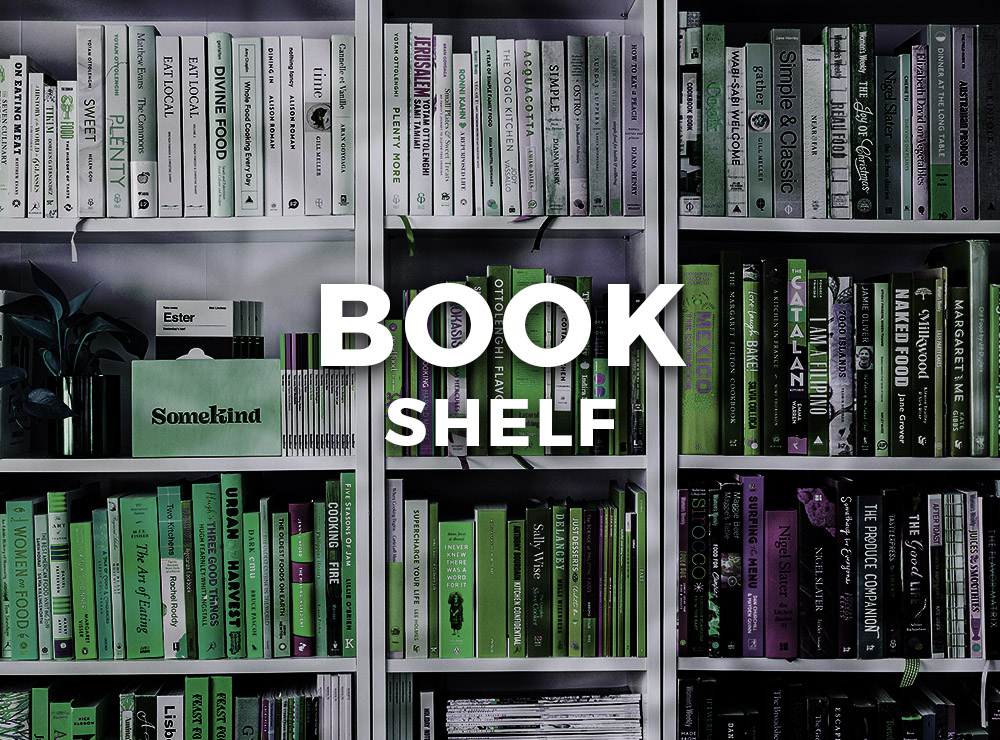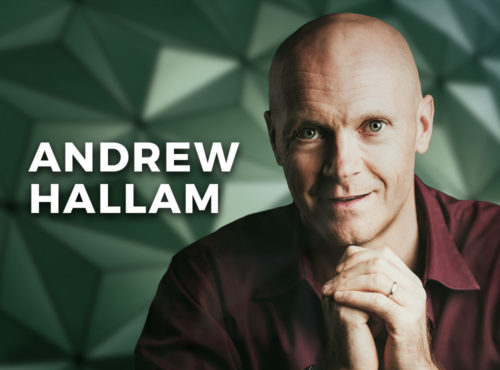
Few people on their deathbeds express regret about not driving a better car. If people do have regrets, they’re more likely to relate to working too hard, losing touch with friends, neglecting to try new things and not being true to their values. A new book by Andrew Hallam redefines what true wealth is all about. It also explains how to find the right balance between saving and investing money on the one hand and spending it on the other.
What does it mean to be rich? According to most standard books on consumer capitalism, it’s all about amassing possessions and assets, while investing to increase personal wealth purely as an end in itself.
But Andrew Hallam is having none of that. This Canadian personal finance writer, and author of Millionaire Teacher, uses his new book to turn the acquisitive model on its head and argue for the virtues of experiences and values over possessions.
Balance: How to Invest and Spend for Happiness, Health and Wealth is by no means an argument against focusing on sound investments. Rather, it is a plea to readers to realise that having enough money is only one leg of a four-legged table for fulfilment that also encompasses maintaining strong relationships, maximising physical and mental health and living with a sense of purpose.
“This doesn’t mean the rich are miserable and the poor are happy,” Hallam writes. “It does mean that we often strive for things that don’t boost our happiness. We fall into conventional ways of thinking that hamper our life satisfaction and harm our natural environment.”
What balance means
Hallam understands investing. Indeed, he spends the final chapters of this book explaining the bedrock virtues of diversification, asset allocation and discipline in a world of investment distractions.
Hallam started investing early, while still in his teens. By the time he had reached his late 30s, he decided he had amassed enough money to retire on. From that point, he pursued his passion for travel and new experiences, sharing his insights with people around the world.
As suggested by the title of the book, Hallam’s philosophy recalls that of Aristotle and essentially boils down to striking a balance in all things. Money, health, happiness and purpose are inter-related and we need to stop seeing them as separate entities.
“If holistic success were a four-legged table, a surprisingly high number of conventionally successful people appeared to have one or two fractured legs,” he writes of his travel-related encounters with Type-A, driven types. “For some, the damaged leg was their health and fitness. For others, it was their relationships, as they prioritised work over family and friends.”
The ideal approach, he has found, is to see wealth as an integrated phenomenon, one that aims to free individuals to live the lives they really want, not those the glossy magazines are forever trying to sell to them.
Experiences trump possessions
During his talks, Hallam asks audiences to imagine they have one month to live and are asked by the Grim Reaper to choose between erasing the memory of one material purchase in their life or one experiential one.
You can probably guess that most people opt to erase the material thing and keep the memory of the experience — whether it was a holiday or the birth of a child or a graduation or the appreciation of a piece of art or music.
“So here’s how to test whether a purchase might provide an experience that boost your happiness or wellbeing,” he writes. “Ask yourself if it creates experiences you wouldn’t otherwise have. A new phone, purse, brand-name clothes or car won’t likely do it.”
“The stuff we buy rarely makes us happier. More often, it actually has the opposite effect, whetting our appetites for even more because, for some reason, we think bigger, fancier or newer things will make us happier.”
In other words, we should decide first what we value most and then build from there with a plan that maximises our chances of living that life.
Understanding the trade-offs
The light-bulb moment for many people is realising that the fact there are limits on our choices is not a constraining factor, but a liberating one. It is knowing that our time and resources are limited that allows us to focus on what is important.
For instance, a higher-paying job out of town might not be such a good thing if it greatly reduces the time we spend with family and friends or if it clashes with our values and sense of purpose.
“Life really is like a dark hourglass,” Hallam writes. “Nobody knows when their sand will run out. That’s why we should strive to live the best lives we can, today, tomorrow and onward.”
It’s hard to argue with the wisdom of Balance. Our wealth and our health, our work and our families, our values and our purpose are not isolated elements in our lives, but part of an integrated whole.
It’s from that realisation that smart planning begins.
ALSO IN THIS SERIES
The odds and the gods: the origins of risk management
Nudges are still the best way to tackle investor inertia
A one-page financial plan really is enough
Charles Ellis on the game you shouldn’t play
The timeless book every investor should read
THE PODCAST
Have you discovered The TEBI Podcast? You’ll find it on SoundCloud, Spotify, Apple Podcasts, Podbean or your preferred podcast provider.
© The Evidence-Based Investor MMXXII







